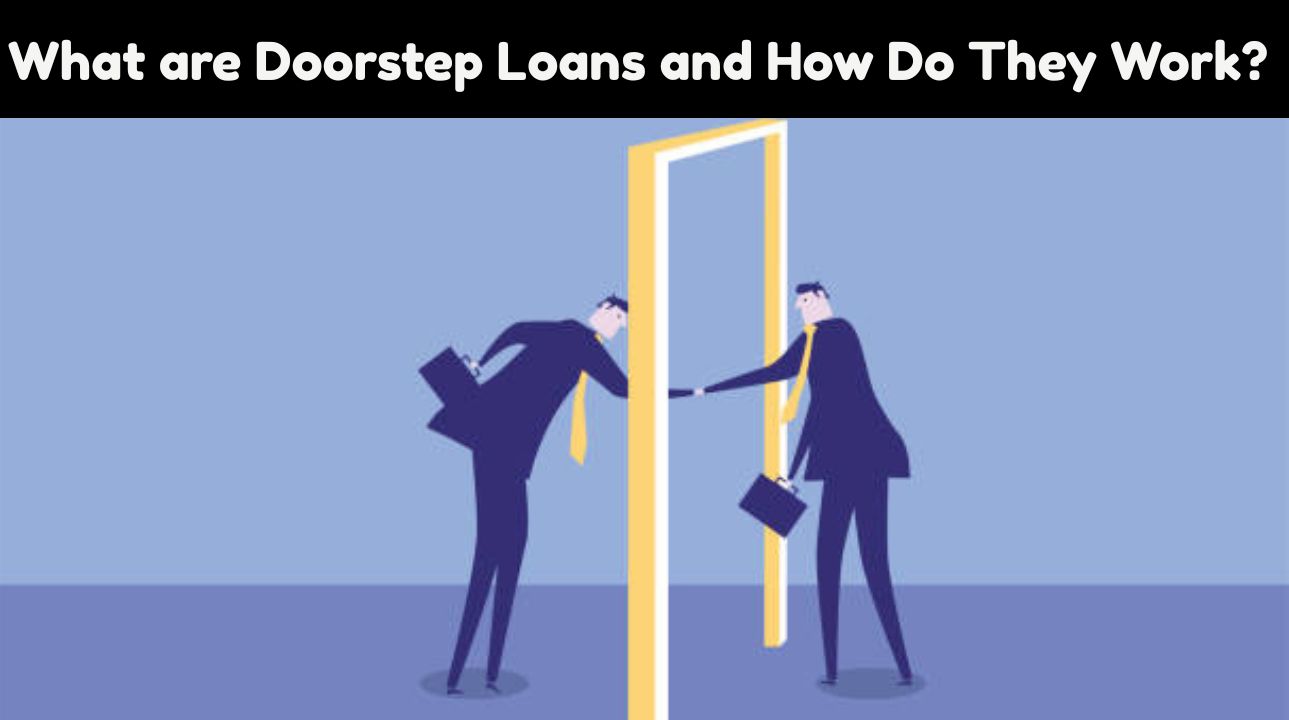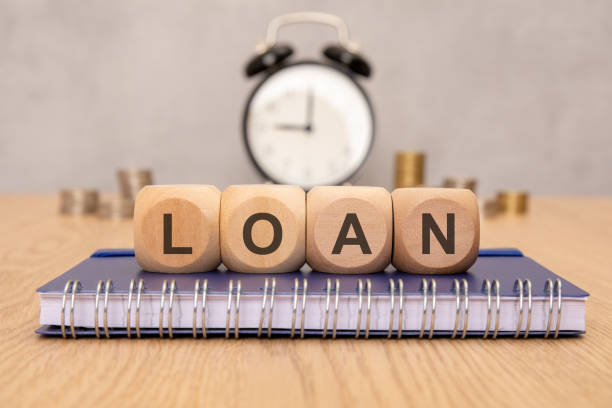
There are two types of funding sources: short-term and long-term. Short-term loans are those that last for not more than a period of three years, while long-term loans come with a longer duration.
Online lending has made borrowing far easier because bad credit borrowers are also welcome. However, most of the time, people do not realize the purpose of both types of loans and the ideal time to apply for them.
This blog will help you decide which option is best for you in a particular situation.
What is a short-term loan?
A short-term personal loan can allow you to borrow money for one year. Sometimes it can be smaller than it.
Since these loans do not require collateral and a guarantor, the lender cannot afford to take on the risk of lending money if you fail to pay off the debt.
There are various types of short-term loans; therefore, it is crucial to do some research. Most of the small loans are paid off in a lump sum.
The repayment length of these loans cannot be more than a month. Note that a lender will run a credit check to suss out your credibility.
You can qualify for these loans even if you have a poor credit rating, but interest rates will be high. Here is when you should apply for short-term loans.
- Wedding
If you want to fund your wedding, you can qualify for short-term loans. The repayment length cannot be between three and six months, depending on the lender’s policy.
Wedding loans are generally expensive. Make sure that you have researched online, and you should try to avoid applying for these loans if your credit report is not up to scratch.
- Debt consolidation
If you are juggling multiple debts, the best way is to consolidate all of them to tackle your repayments on time.
A debt consolidation loan is a new loan that you will use to pay off all of your outstanding debts, and then you will have left with only one large loan to pay off.
These loans can allow you to pay down the debt in instalments. Yet, it might be a bit expensive because of your less-than-perfect credit score.
- Home improvement
Home improvement loans can be a perfect choice when you need money to do up your house. You will pay off these loans in multiple instalments.
- Small financial emergency
If you come up with an emergency like your laptop needs a quick repair and do not have enough money in your savings, you can take out small cash loans. The length of these loans is not going to be over a two-week period.
Note that small loans cannot build your credit rating even if you pay down the debt in fixed monthly instalments.
Since most of the small loans’ repayment is not more than a period of six months, it will not impact building your credit rating even if you pay off on time.
If you need money to fund small needs, you should consider other alternatives. These alternatives include credit cards, friends, and family.
A credit card can allow you to buy something you need urgently without costing you interest, provided you pay off the bill within the grace period.
Likewise, your family or friends can also be ready to help you provided they find you in genuine need of money.
Pros and cons of short-term loans
| Pros | Cons |
| You can access cash easily. | The interest rate can be high. |
| A bad credit rating should not be a problem. | Processing fees may vary from lender to lender. |
| You can get rid of debt within a short period. | Missed repayments can add up the cost of debt. |
| You do not have to pay much more in total. | They cannot help you build your credit rating. |
What is a long-term loan?
A long-term loan can allow you to borrow money for a longer period. You are eligible to qualify for these loans as long as you have an impressive credit file, steady source of income, and affordability to pay down the debt.
Interest rates for these loans vary from lender to lender. The best part of these loans is you can apply for them with banks and traditional financial institutions.
Since these loans aim to help borrowers with a good credit rating, you can get lower interest rates. Yet, you should do research online before putting in the application. Here is when you should apply for long-term loans:
- You want to build your credit score
A bad credit rating is a snag to have a loan signed off on at competitive interest rates, and you cannot seek a large amount of money.
To improve your credit score, you can plan to take out a credit score building loan. The purpose of these loans is to help you do up your credit rating.
If you keep up with repayments, your lender will inform credit reference agencies of your timely payments, and as a result, your credit score will go up.
If you are consistent with repayments, it shows that you remain financially committed even if there are financial ups and downs. Lenders will find you credible. However, it is crucial to note that these loans can be slightly expensive.
- You want to expand your business
Although you can fund small business needs, it is always wise to borrow money only when you want to fund a large expenditure.
Small business loans can be extremely expensive. Experts suggest that you should have enough cash reservoir.
If you want to expand your business or open a branch overseas, you can qualify for a long-term business provided your business has been consistently generating profits.
Ensure that you do not own debt when taking out these loans, including small loans like career development loans, payday loans, etc.
- You need money for big planned expenses
Planned expenses include buying a house and a car. You will have to arrange a deposit size and the rest money you will borrow from a financial institution. The repayment length of an auto loan will be up to 36 months, while the mortgage can last for 10, 20, or maybe 25 years, depending on the borrowed money.
Note that long-term loans are secured loans regardless of the purpose. Collateral mitigates the risk of the lender, and hence these loans carry affordable interest rates.
If you fail to pay off the debt on time, the lender will cash out the collateral. Not only will you lose your valuable asset, but you will also lose your credit score. This will restrict your chances of borrowing money at lower interest rates down the road.
Pros and cons of long-term loans
| Pros | Cons |
| You can borrow a large amount of money. | The longer repayment terms will quickly add up the total cost of the debt despite lower interest rates. |
| Interest rates will be much lower than short-term loans. | It increases your risk of being fallen behind repayments because of financial uncertainty. |
| You can borrow money from online lenders as well as banks. | You may lose your valuable asset if you fail to pay off the debt. |
| Monthly payments will be small, and hence the debt will be much more manageable. | Bad credit borrowers are not entertained at all. |
The final word
Now that you have got to know when you should take out short-term loans and when long-term loans. Small loans can help you tide over during a financial emergency, but they cannot help you build your credit score even if you pay back the debt on time. Long-term loans can help you fund your large needs only if you have a good credit report.
However, a few people have a very poor credit score. Of course, you will not be able to apply for a long-term loan. As far as it is about funding small needs, you will need to take out loans for very bad credit with direct lenders. However, very few lenders will approve your application with a very bad credit score.

Jessica Rodz is the Senior Content Writer at Cashfacts. She has a long career in the field of content writing and editing. Jessica has the expertise in the UK lending marketplace where she has worked with 7 different lending organisations and acquired many responsibilities from preparing loan deals and writing blogs for their websites.
At Cashfacts, Jessica is managing a team of experienced loan experts and doing a major contribution in guiding the loan seekers via well-researched blogs. She has done graduation in Business (Finance) and now currently doing research papers on the UK financial sector.





